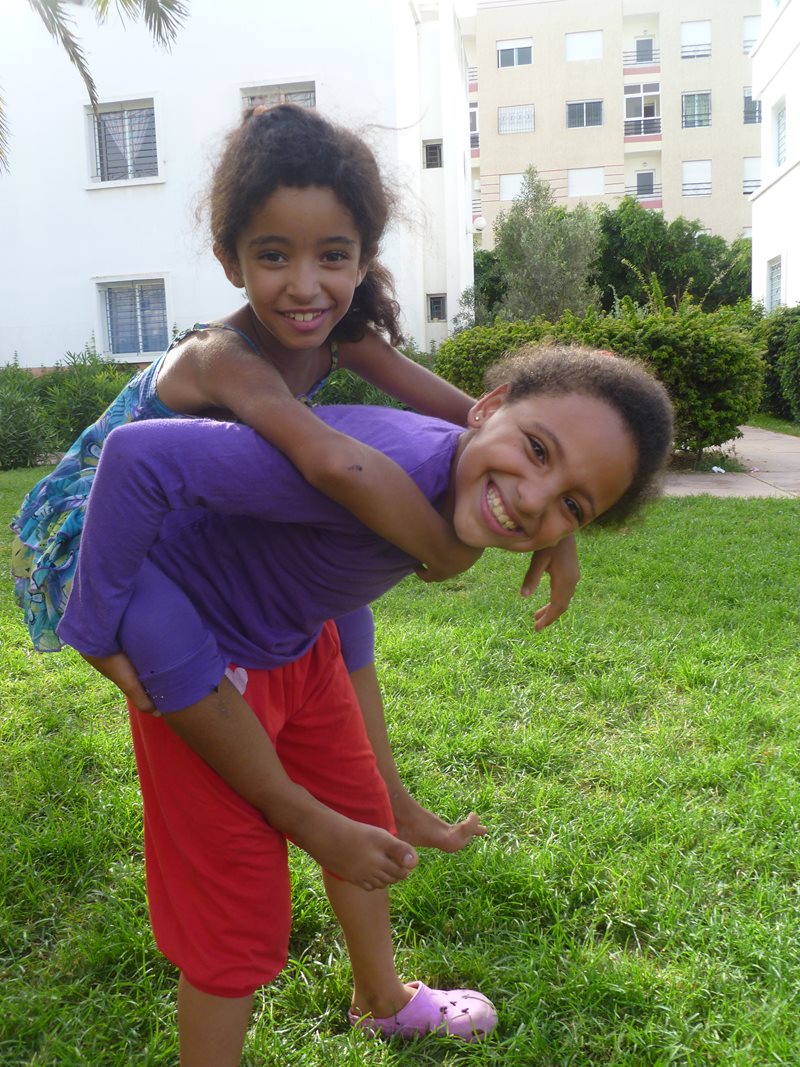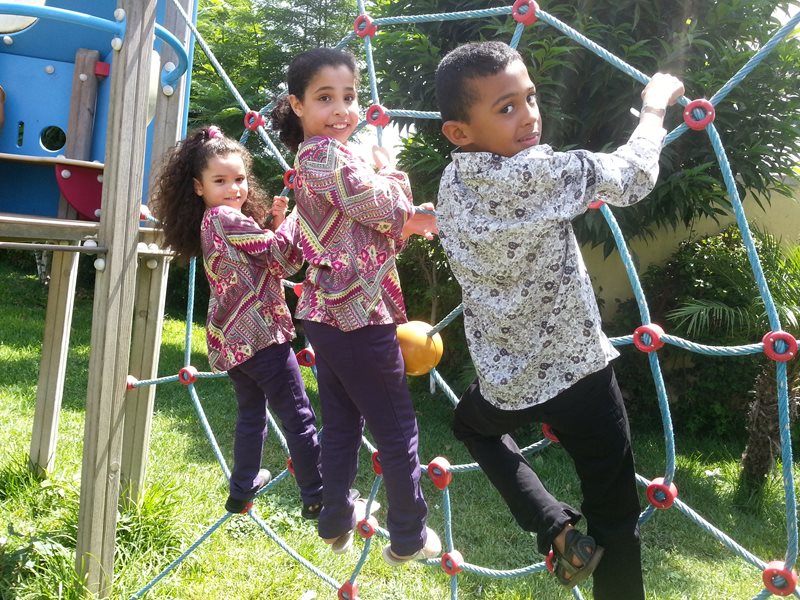Beautiful beaches and architecture belie the hardship many children face

El Jadida, in the province of the same name, is a port city on Morocco’s Atlantic coast and has a population of roughly 147,000. The city was controlled by the Portuguese for almost 300 years and this influence is still visible in its architecture today.
Its nearby port makes El Jadida an important centre for trade in the region. Activities include fishing and the export of phosphates. It is also a popular holiday destination, both for national and international tourists.
As elsewhere in Morocco, child labour continues to be a big problem in El Jadida. It is a very common phenomenon for underage girls from poor, rural families to be employed as domestic servants by better-off urban families. These so-called “petites bonnes” (little maids) have to work for up to 15 hours a day, seven days a week, and they receive little or no payment or holidays.
In addition, because they are hidden away in homes, out of the public eye, they are unprotected by the law and a great number of them suffer severe physical and psychological abuse. Many of them do not attend school at all and thus have little hope of improving their station in life as adults.
Children need a safe and nurturing environment
The situation regarding women’s and children’s rights in Morocco has improved in the last decade or so: in 2004 changes were made to the country’s family code (“Mudawana”), giving women the right to divorce, and children born out of wedlock the right to the acknowledgement of paternity, to name two examples.
But despite increased efforts to protect children’s rights, up to 80,000 underage girls are estimated to be working as maids in the country today, and around 56 per cent of the female population continues to be illiterate, as compared to around 31 per cent of males.
The challenge any modern Islamic country faces today is to reconcile the traditional values, which are rooted in an Islamic legal framework, with the changing nature of a progressive society of which women and children form an integral part. The work of SOS Children’s Villages in El Jadida includes caring for children who have lost parental care and ensuring that they have a nurturing home and a solid educational foundation for life.
What we do in El Jadida

SOS Children’s Villages began its work in El Jadida in 2006.
Care in families: Children from the region who are no longer able to live with their parents can find a loving home in one of 13 SOS families. Up to 109 children live here with their brothers and sisters, affectionately cared for by their SOS mothers. In some of our SOS families, two SOS mothers now care for the children in shifts (day and night); they overlap during the busy hours of getting children ready in the morning and after school.
The main purpose of the children’s village is to provide long-term, family-based care to children in need. However, what is special about this village is its location in central El Jadida. Some of these families live in houses that are integrated in the community. This means that the children attend local kindergartens and schools and are thus very much integrated into the community from a young age. The children also have easy access to all cultural as well as medical facilities.